MercoPress. South Atlantic News Agency
Agriculture
-
Wednesday, September 9th 2009 - 10:41 UTC
Chilean wheat farmers squeezed by falling prices and rising costs
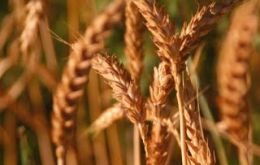
Just two years after wheat prices registered record highs, Chilean producers are finding themselves squeezed between rising costs and cheap imports.
-
Saturday, September 5th 2009 - 13:17 UTC
Argentine farmers end eight day boycott promising to “keep fighting”

Argentine farmers marked on Friday the end of an eight-day sales boycott with rallies and marches promising to “keep fighting” in support of aid for peers suffering from the worst drought in decades and to eliminate the current export tariffs system which distorts production and threatens several crops.
-
Tuesday, September 1st 2009 - 05:47 UTC
WTO confirms ruling favouring Brazil in cotton dispute with US
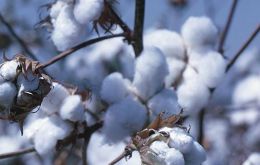
United States faces annual trade sanctions of about 295 million US dollars for failing to scrap illegal subsidies paid to its cotton growers. However the punishment, imposed by the World Trade Organization (WTO), is far less than the 4 billion USD that Brazil, which brought the case, had wanted.
-
Monday, August 31st 2009 - 07:48 UTC
Wheat production is Argentina down, and booming in Brazil
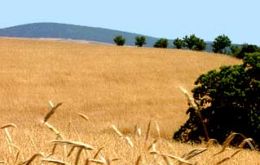
Helped by the Argentine administrations of the Kirchner couple, Brazil is catching up with Argentina as Latinamerica’s main producer of wheat. This year Brazil will be planting only 200.000 hectares less than its Mercosur partner which this winter crop is down to 2.75 million hectares.
-
Saturday, August 29th 2009 - 09:48 UTC
Deveronvale Perfection Textel tup lamb beats all records: £231,000
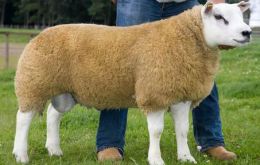
A sheep is believed to have become the world most expensive after selling for £231,000. Deveronvale Perfection, bred in Banffshire, was bought by a fellow local sheep farmer at a sale in Lanark.
-
Wednesday, August 26th 2009 - 09:44 UTC
Argentine farmers begin Friday seven-day trading strike

Argentine farmers’ organizations announced Tuesday another national trading stoppage to protest President Cristina Fernandez de Kirchner administration camp policies particularly taxes on grains and oilseeds exports.
-
Wednesday, August 19th 2009 - 12:46 UTC
Clear and reliable rules of the game, Uruguay’s main asset

Uruguay remains as a most attractive country for Argentine investors because of its business opportunities, logical taxing system and absence of export levies plus its geographical closeness, according to Luis Bonetto Argentine investment advisor and expert in agriculture.
-
Tuesday, August 11th 2009 - 11:03 UTC
Chilean dairy farmers request protection from Uruguay/Argentine exports
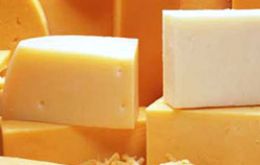
Chilean dairy farmers and the country’s main agriculture organization, SNA, are demanding safeguards against the import of powder milk and Gouda cheese from Uruguay and Argentina arguing “disloyal competition”.
-
Monday, August 10th 2009 - 11:41 UTC
Chile leads in wine exports but Argentina catching up in quality and growth rate
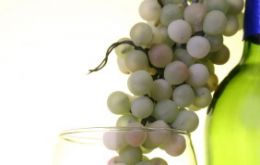
The average price of an exported bottle of wine from Argentina has exceeded a Chilean bottle for the first time, according to recently released Wines of Chile figures. The report also revealed that Chile's wine exports fell 4.4% between January and June 2009, compared to the same time last year.
-
Friday, August 7th 2009 - 11:49 UTC
Following months of dispute Kirchner easing its grip on agriculture markets

Officials from the administration of Argentine president Cristina Fernandez de Kirchner have announced a set of measures toward the liberalization of meat and grains exports -following demands made by farming organizations- in a move to resolve the ongoing conflict with farming leaders.
